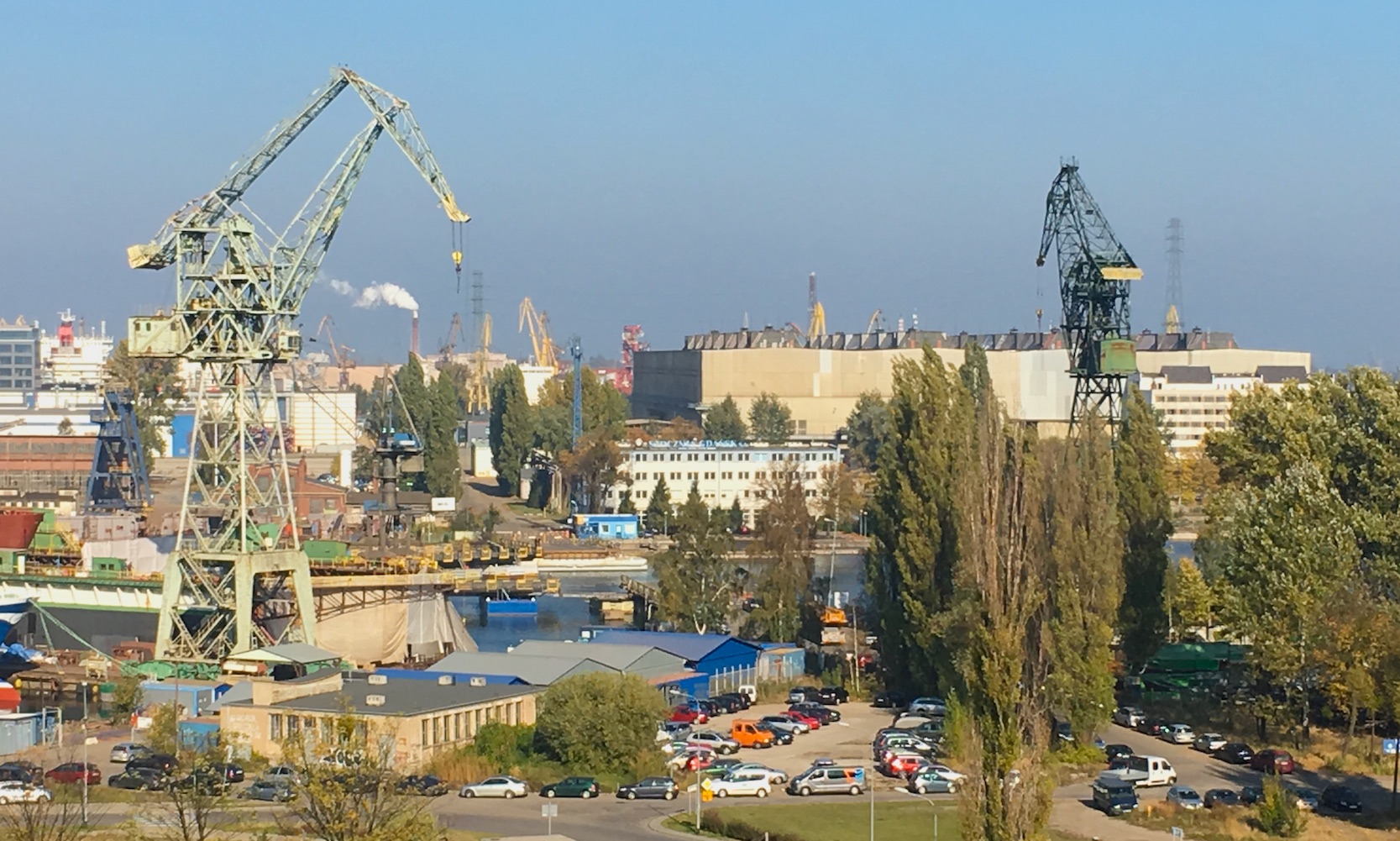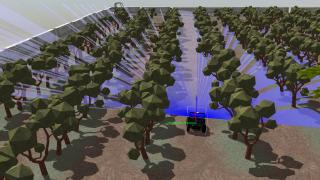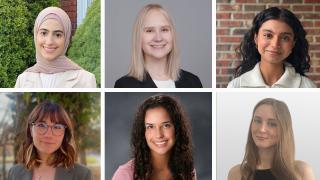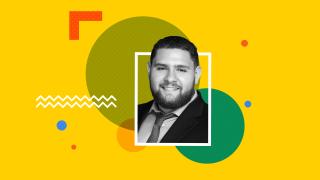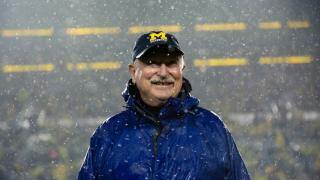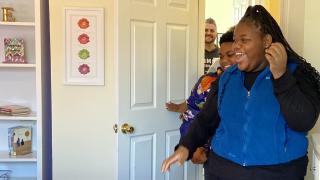
Walking around Gdańsk, Poland, during a summer Study Abroad modern Polish history course, something sounded a bit familiar to UM-Dearborn faculty.
The Gdańsk tour guide, a cultural anthropologist, shared how the exodus of industry took jobs and a sense of community identity with it. The guide spoke of shipyards, but College of Arts, Sciences, and Letters educators thought of Detroit’s automobiles.
“The families who worked in the shipyard lived near each other; their kids went to school and grew up together. It was more than a workspace, it was a community. She also talked about how it was important to recognize and not bury that history with renewal efforts,” said Anna Muller, the Frank and Mary Padzieski Endowed Professor in Polish/Polish American/Eastern European Studies. “As we heard stories of solidarity among the people who once lived there, I looked at (CASL Dean) Marty Hershock. I could tell we were thinking the same thing: ‘This is Detroit’s story.’”
A former resident of Gdańsk who now lives in Detroit, Muller wanted to do more than make a mental connection. So she collaboratively worked with international connections and CASL colleagues to create the Post-Industrial Stories project.
What emerged from Muller’s coordination was a cross-cultural dialogue with artists, activists and academics from five cities across the world — Detroit, Gdańsk, Glasgow, Narva in Estonia, Kaliningrad in Russia — that have been strongly impacted by post-industrial economic dislocation. Like Gdańsk, Glasgow was know for the shipping industry; Kaliningrad and Narva, for textiles.
The three-day workshop, “Scars of History and Healing Spaces,” which took place last semester at the European Solidarity Centre in Gdańsk, explored the historical, sociological, and artistic potential of cities and communities whose identity was centered around industries that are no longer present in the area like they once were.
Workshop presentation topics included social heritage of post-industrial communities, makers and the expression of humanity in a post-industrial city, and redesigning industrial sites into multidimensional districts. Information was also shared in non-verbal ways, like modern interpretive dance and photography.
“The workshop reinforced the power of connection to community and the agency people have,” said Social Sciences Assistant Professor Josh Akers, who presented on shifting geographies and segregation in Detroit. “Even when forces are so large and you cannot stop them, there is still the opportunity to act. You can create and present possibilities that weren’t there before.”
Sociology Professor Paul Draus, Hershock and Muller also participated.
“A spirit grown out of social ferment and existence can live in a physical place; that is why honoring memory is so important in healing a community. Each of these cities had interesting ways to recognize history,” said Draus, who spoke at the workshop about his involvement in creating a Detroit park at the place the 1932 Ford Hunger March began. “Gdańsk kept the cranes in the shipyard; they aren’t active, but are maintained and are now icons of history recognizing what was once there. It’s important to think about ways to honor history that doesn’t put it in a curio or case.”
Muller said the Post-Industrial Stories project sparked dialogue between the five cities; her next project goal is to bring students into the conversation. She’d like to create an exchange program where university students can hear, see and learn what’s been experienced in other post-industrial cities and take part in a locally driven social project.

